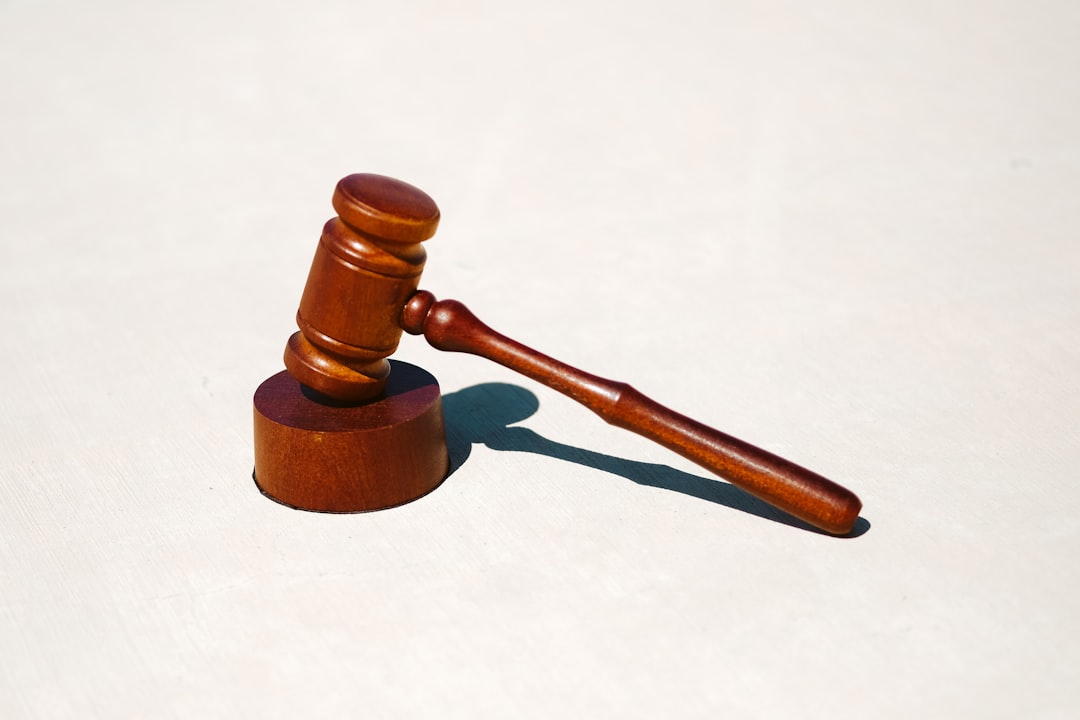Massage therapy in Rhode Island faces challenges with misconduct in spas, leading to strict laws and a focus on client safety. The state's guidelines define professional boundaries, mandating training for therapists to recognize and prevent physical or sexual abuse. Spas implement rigorous programs, including workshops and case studies, to educate staff on consent, boundaries, and ethical conduct, emphasizing the role of massage abuse law firms in upholding these standards. Therapists are encouraged to be vigilant, as recognizing red flags is crucial in preventing abuse, ensuring client well-being, and maintaining a culture of ethical practices across the industry.
In Rhode Island, the legal implications of massage abuse are clear. To combat this issue, spa therapists require comprehensive training to avoid misconduct. This article delves into the current training protocols in spa settings, highlighting the importance of recognizing red flags and implementing preventive measures. From understanding massage abuse laws to identifying potential risks, these strategies are crucial for fostering a safe environment for clients throughout the state. By adhering to these guidelines, spas can ensure their therapists are equipped to deliver ethical services while protecting patrons from harm.
Understanding Massage Abuse and Its Legal Implications in Rhode Island
Massage therapy, while beneficial for relaxation and healing, has unfortunately been associated with instances of misconduct, especially in spa settings. In Rhode Island, understanding massage abuse is paramount to maintaining a safe environment for clients and therapists alike. Massage abuse can range from inappropriate physical contact to sexual harassment or assault. Legal implications are severe, with state laws firmly in place to protect individuals from such abuses. A massage abuse law firm in Rhode Island highlights that therapists face strict consequences, including civil lawsuits and criminal charges, if found guilty of misconduct.
Rhode Island’s legal framework aims to deter potential perpetrators by clearly defining boundaries within the therapeutic relationship. Therapists are required to adhere to strict professional standards, obtaining specialized training to recognize and prevent massage abuse. This includes learning to identify red flags, establishing clear communication with clients, and maintaining appropriate physical boundaries during sessions. By adhering to these guidelines, therapists can ensure their practices remain ethical and lawful, fostering a culture of trust and respect within the spa industry across the state.
Current Training Protocols for Therapists in Spa Settings
In Rhode Island, therapists working in spa settings are subject to strict guidelines and training protocols aimed at preventing misconduct and ensuring client safety. Many spas require their therapists to complete comprehensive training programs that cover a range of topics, including ethical practices, consent management, and recognizing and reporting potential abuse. These training sessions often involve interactive workshops, case studies, and role-playing scenarios to equip therapists with the necessary skills to navigate challenging situations.
The state’s massage abuse law firm highlights the importance of these protocols, emphasizing that therapists must be vigilant in upholding professional boundaries and client confidentiality. Training programs may include modules on understanding the legal implications of misconduct, recognizing signs of client distress, and responding appropriately to boundary crossings. By adhering to these rigorous training standards, spas across Rhode Island strive to foster a culture of ethical conduct and protect clients from potential harm, ensuring a safe and rejuvenating experience.
Identifying Red Flags: Recognizing Potential Misconduct
Recognizing potential misconduct is a critical step in preventing massage abuse and ensuring client safety. Therapists must be vigilant in identifying red flags that could indicate a range of issues, from unprofessional behavior to possible legal violations. These signs may include but are not limited to inappropriate physical contact, boundary crossings, unusual requests from clients, or any actions that make the therapist uncomfortable. For instance, a therapist might notice a client consistently asking for treatments outside normal therapy protocols or displaying erratic behaviors during sessions.
In Rhode Island, where massage abuse laws are in place to protect clients, therapists have a professional and ethical obligation to be aware of these red flags. By staying alert and proactive, spas can foster an environment that discourages misconduct. Additionally, having comprehensive training programs that emphasize recognizing and reporting potential abuse can significantly contribute to maintaining high standards and ensuring client well-being across the state’s spa industry.
Preventive Measures: Enhancing Training to Mitigate Risks
In an effort to combat and prevent massage abuse, spas throughout Rhode Island are increasingly prioritizing comprehensive training for their therapists. These educational initiatives aim to equip professionals with the knowledge and skills needed to recognize and avoid potential misconduct. By fostering a culture of ethical practices, spas can create a safer environment for clients, mitigating risks associated with massage abuse.
Training programs often include topics such as consent, boundaries, and professional conduct. Therapists learn about legal implications related to massage abuse, ensuring they understand the state’s regulations, including those enforced by massage abuse law firms in Rhode Island. These measures not only empower therapists to make informed decisions but also promote a sense of accountability, ultimately contributing to a more secure spa experience for all patrons.





